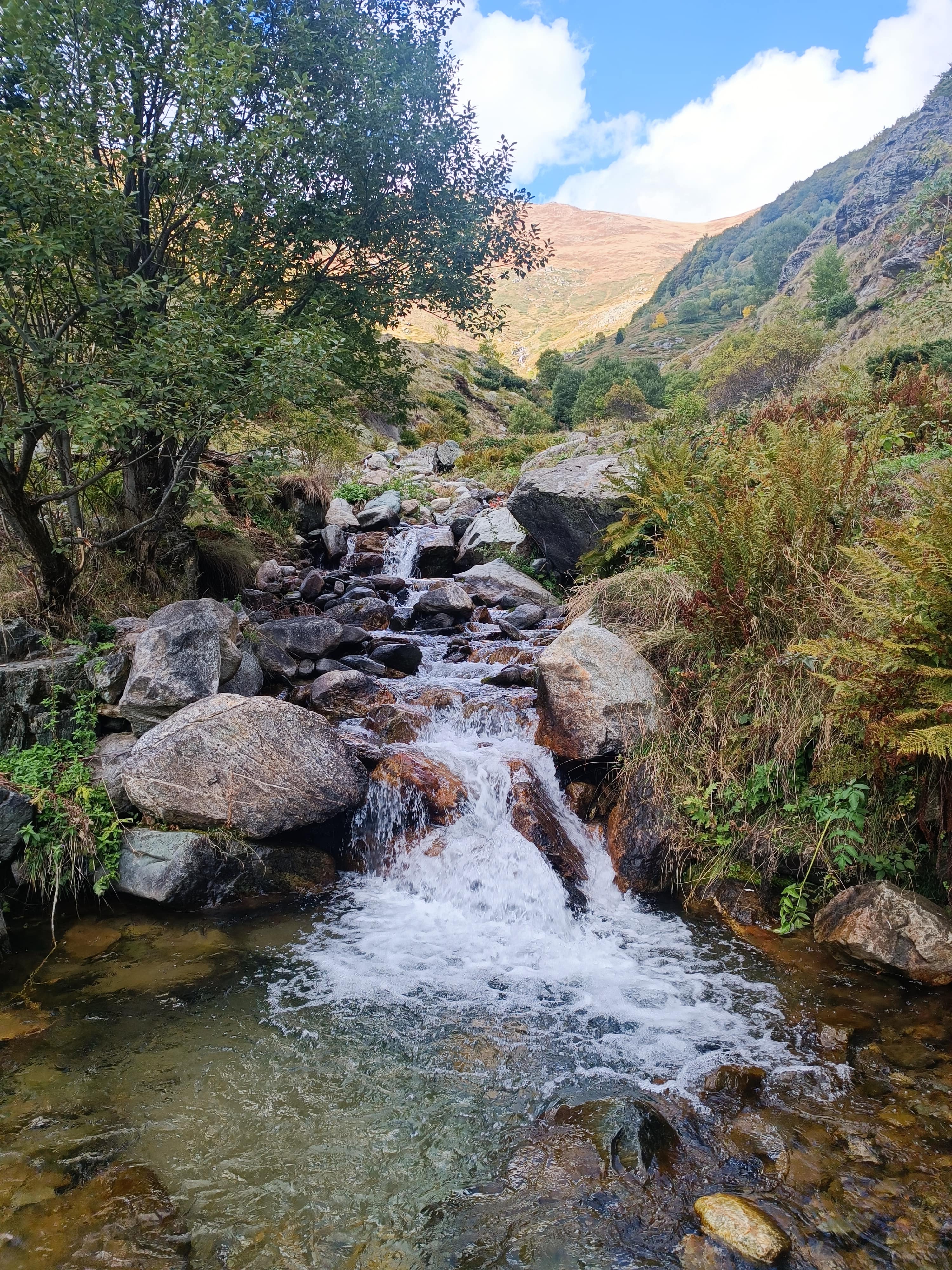 Save the Blue Heart of Europe - A campaign for the protection of Balkan Rivers
Save the Blue Heart of Europe - A campaign for the protection of Balkan Rivers
North Macedonia: Legal delays leave protected areas vulnerable to hydropower development

More than six years ago, a draft Law on Nature Protection was introduced in North Macedonia to strengthen environmental safeguards and prohibit the construction of small hydropower plants (HPPs) in protected areas. Despite aligning with EU regulations and receiving widespread support from environmental groups, the law remains stalled due to political inaction, weak institutional coordination, and limited capacity within the Ministry of Environment and Physical Planning (MoEPP).
Without legal protections in place, destructive hydropower projects continue to threaten the country’s most valuable ecosystems. For instance, the government recently extended an expired construction permit for a small HPP within Shar Planina National Park, and concessions for hydropower development in Mavrovo National Park remain unresolved despite efforts to restore its protected status. This ongoing inaction directly violates Recommendation 211 of the Bern Convention, which urges the immediate adoption of the Law on Nature Protection.

Bistrica is one of the most affected rivers in the Shar Planina National Park, with three small hydropower plants and several water intake systems already constructed. © Gjorgji Mitrevski, Eko-svest
Legal loopholes and weak enforcement further exacerbate the problem. Existing HPPs are required by law to report water usage, but neither the MoEPP nor the Inspectorate have the capacity to enforce compliance. A new Water Law, drafted four years ago with input from environmental organisations like Eko-svest, remains pending. This law would align national regulations with the EU Water Framework Directive, introduce ecological flow standards, and improve monitoring practices—but without political momentum, it remains stuck in limbo.
Meanwhile, the subsidy system continues to incentivise hydropower development. Feed-in tariffs for small hydropower plants encourage new projects, while outdated environmental regulations expedite approvals. Permits are often issued through a fast-track "environmental elaborate" process, which excludes public participation and bypasses proper Environmental Impact Assessments (EIA). In response, Blue Heart partner, Eko-svest, recently filed a case with the Constitutional Court challenging the constitutionality of this mechanism—a critical step toward improving environmental governance.
In 2025, Eko-svest will intensify efforts to push for adopting the Law on Nature Protection and Water Law while advocating for comprehensive EIA reforms and an end to harmful hydropower subsidies. These legal changes are essential to safeguarding North Macedonia’s rivers and protected areas from further exploitation.